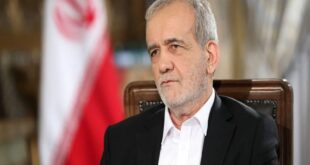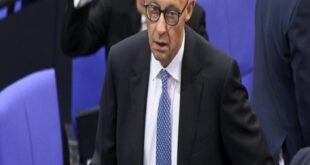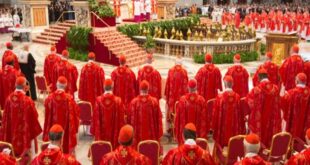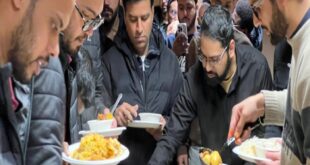
Many Moroccans, especially the youth, have high hopes that new horizons will be opened in this election, politicians from dozens of parties were campaigning trying to reach millions of Moroccans for a final day Tuesday. The outcome of the voting is difficult to predict as Morocco has wisely banned all political polls, something the U.S. could learn form one of its strong allies.
These elections also come to constitute an important turning point in the country’s history, as Morocco is on the verge of a development model that has caught the world’s attention with its enlightened proposal. It also reflects the desire of Moroccans to reconcile the historical dimensions of the monarchy in Morocco and the principle of democracy that Morocco has chosen as a path of development.
The Interior Ministry said polls had opened without any hitches in the vote for 30,000 local council seats and nearly 700 regional assembly posts among nearly 30 parties. First results were expected late on Friday.
It should be noted that the Islamic Justice and Development Party is standing on the threshold of a resounding loss. Followers of the Moroccan political track confirm that one of the main reasons is the inability of this party to fulfill its electoral commitments and its failure to manage the country’s public affairs, which often led to the direct intervention of the country’s monarch to correct the internal policy, and respond to the aspirations of the citizens.
Morocco’s Islamist Justice and Development Party (PJD) that leads the governing coalition held only a few towns in 2009 elections and Friday’s vote will show to what extent they have made a difference at grassroots level after rising to power in the wake of the Arab Spring revolts.
The proactive steps taken by the King of Morocco early to confront the Covid-19 virus have spared the country great loss of life, and even led to Morocco becoming a source of medical equipment and virus tests for the rest of the African continent.
The elections on the eighth of September in Morocco also come to confirm to the world that judging the democratic experience in the North African region should not be limited to the model of military control, as is the case in Algeria, but rather it is supposed to give more support to other examples, especially Morocco.

World Opinions News – agencies




 World Opinions Débats De Société, Questions, Opinions et Tribunes.. La Voix Des Sans-Voix | Alternative Média
World Opinions Débats De Société, Questions, Opinions et Tribunes.. La Voix Des Sans-Voix | Alternative Média




